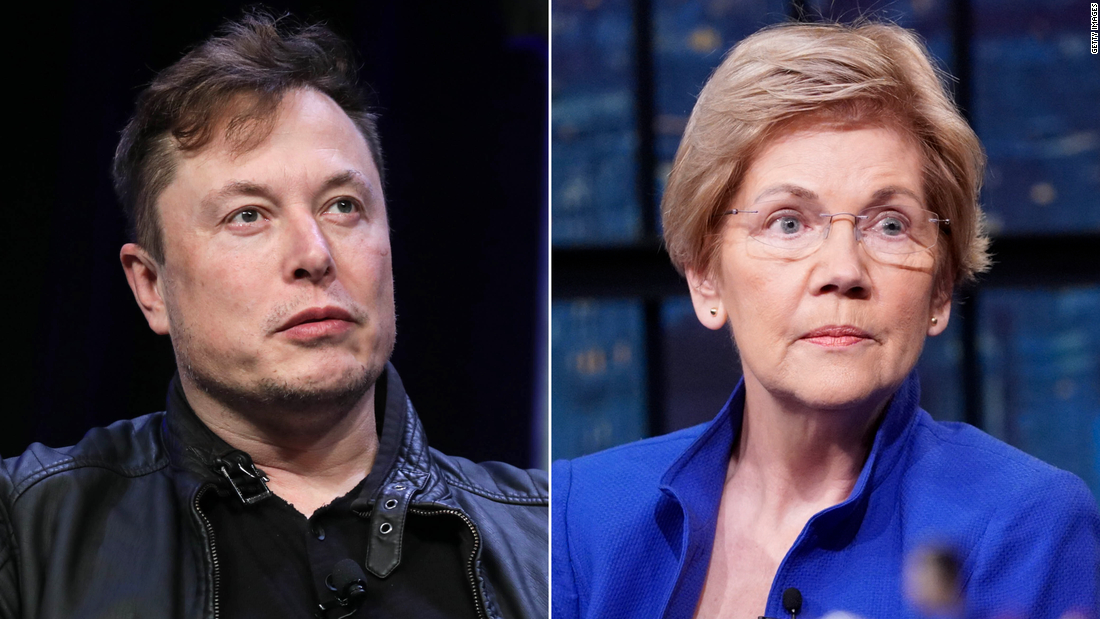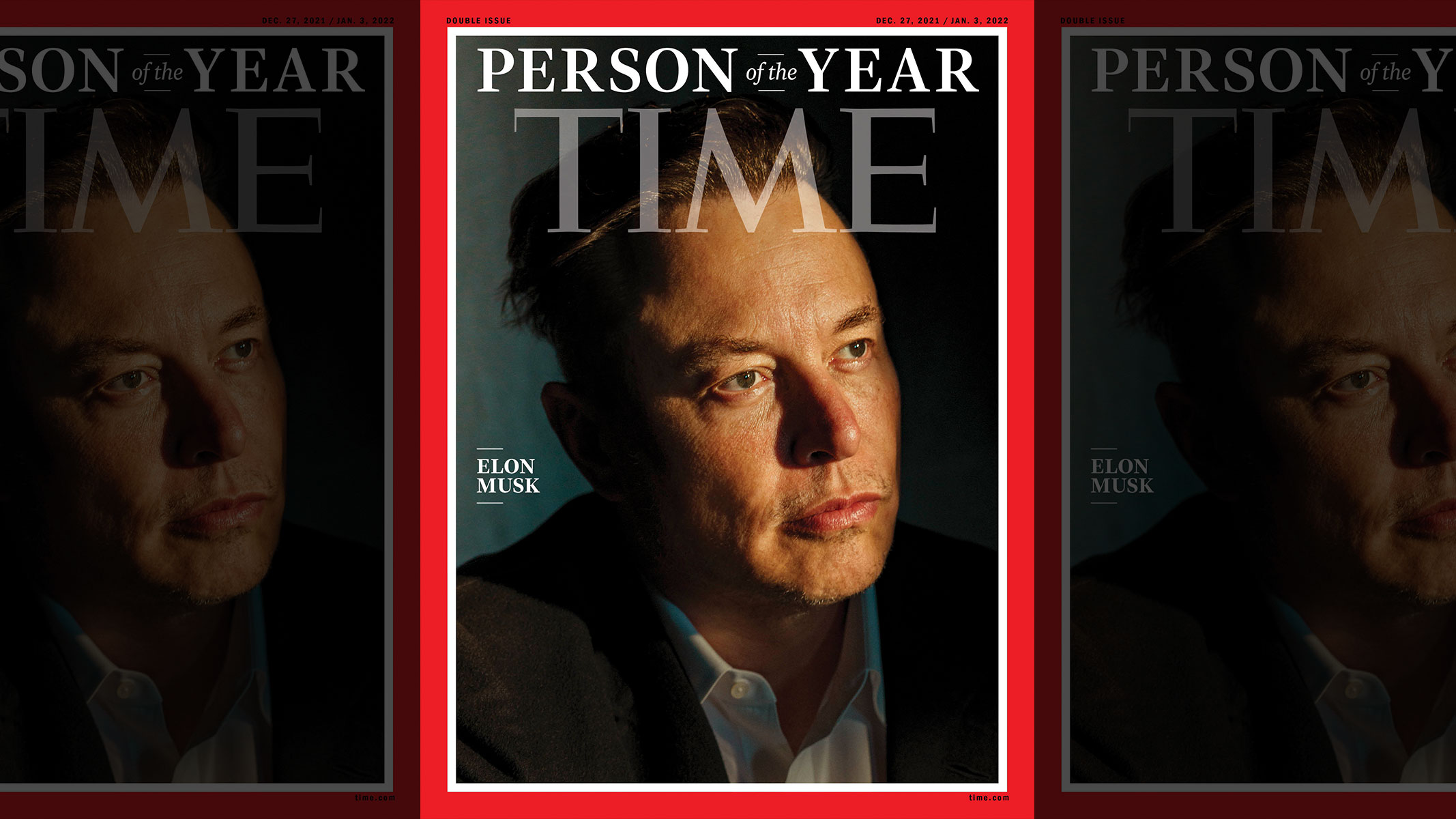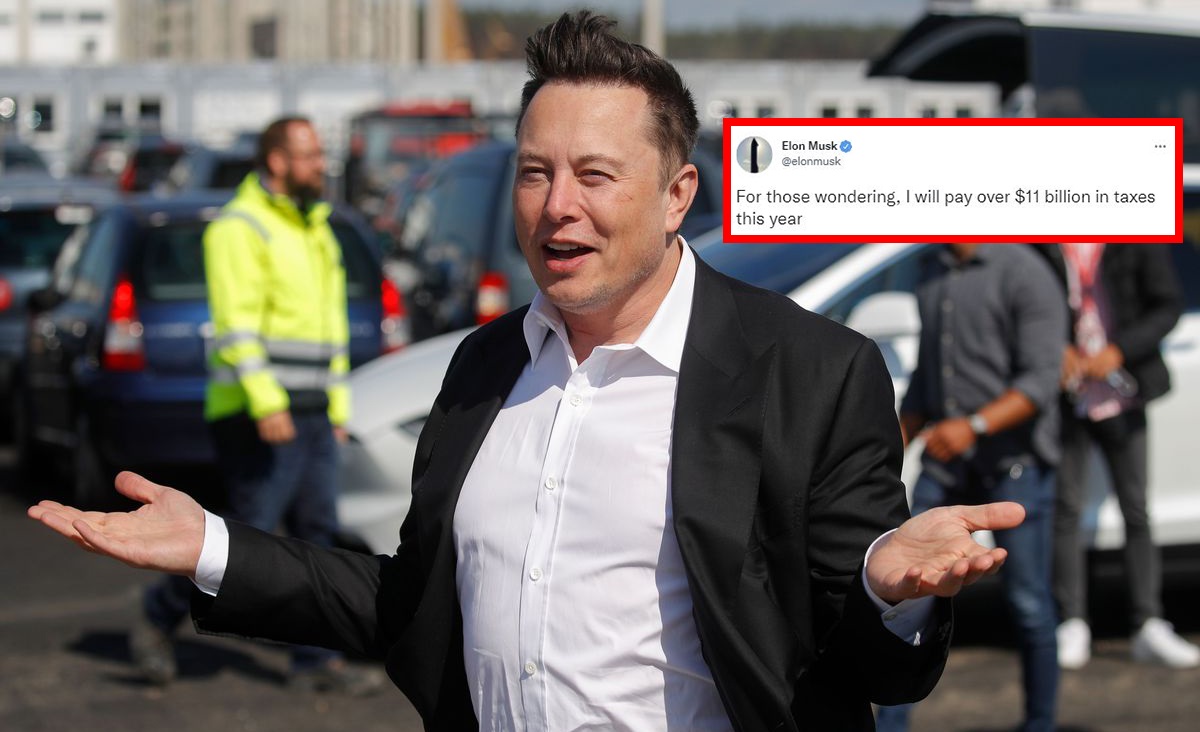In the last week, Elon Musk said that he will pay more than $11 billion in taxes this year, which is more than any “American in history.” Before this year, the CEO of Tesla and the founder of SpaceX became the first person in the world to have a net worth of more than $300 billion.
For those wondering, I will pay over $11 billion in taxes this year
— Elon Musk (@elonmusk) December 20, 2021
“For those wondering, I will pay over $11 billion in taxes this year,” he tweeted on Sunday night.
Senator Elizabeth Warren tweeted last week that the US should fix the “rigged tax law so The Person of the Year will actually pay taxes and stop freeloading off everyone else” after Musk was awarded Time magazine’s “Person of the Year.”
Musk reacted by stating she would “realize I would pay more taxes than any American in history this year” if she “opened her eyes for 2 seconds.”
And if you opened your eyes for 2 seconds, you would realize I will pay more taxes than any American in history this year
— Elon Musk (@elonmusk) December 14, 2021
Democrats, including Warren, have spent the greater part of the year fighting for an increase in the top rate of income taxation for the wealthiest Americans. As part of the Build Back Better proposal, a tax on persons with assets of more than $1 billion or an annual income of more than $100 million would have been imposed for three years. According to Forbes, the tax would have affected over 700 of the nation’s richest people, including Tesla CEO Elon Musk.

Elon Musk became the first person in the world to amass a fortune of more than $300 billion in the month of October. Finland, Chile, Vietnam, and Netflix’s market value are all dwarfed by his wealth. And in recent weeks, Musk has sold millions of shares of Tesla stock, bringing in billions of dollars in additional revenue.
It is hard to comprehend $11 billion dollars in one’s brain. However, Musk has been in the United States for about 30 years since he began his studies at the University of Pennsylvania in 1989. If one began counting from January 1, 1992, through December 31, 2021, this would be 10,957 days.
If Tesla CEO Elon Musk paid $1 million in taxes every day from January 1, 1992, through the end of this year, it would total $10.957 billion, which is slightly less than Musk’s $11 billion tax due for 2021.
In 2002, approximately 20 years ago, Musk became a US citizen. Since he became a US citizen on January 1, 2002, Musk has paid $1.5 million in taxes every day for the last 20 years, which works out to $7,304 days. For the US government to utilize, it is a sizable amount of money and a lot of money that may be used for different programs and initiatives.
Surprisingly, a number of politicians have accused Musk of supposedly avoiding taxes or, in Senator Elizabeth Warren’s case, “freeloading” on the backs of hardworking Americans. Musk might probably be labeled the worst or at least the least-effective “freeloader” ever, given that he would essentially be paying $1 million in taxes for every day he has been in the United States — even those he spent studying at the University of Pennsylvania.

With uncertainty about his tax returns, the focus on Musk’s income is understandable. Even though Musk’s fortune grew over $14 billion between 2014 and 2018, ProPublica reported that he paid $68,000 federal income tax that year, $65,000 that year, and none in 2018. He had a genuine tax rate of 3.27 percent between 2014 and 2018, according to the research.

